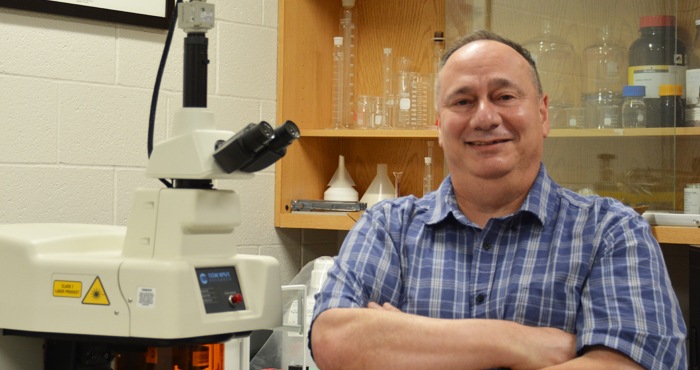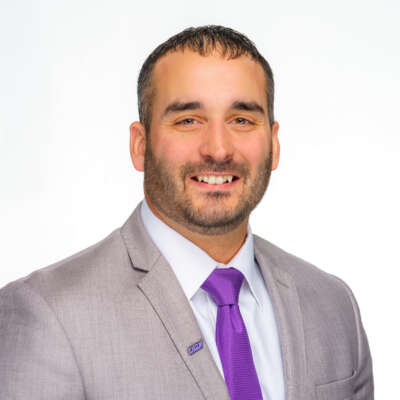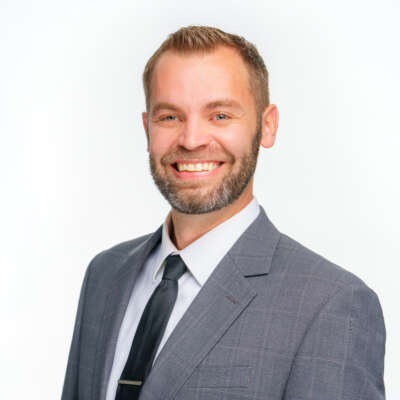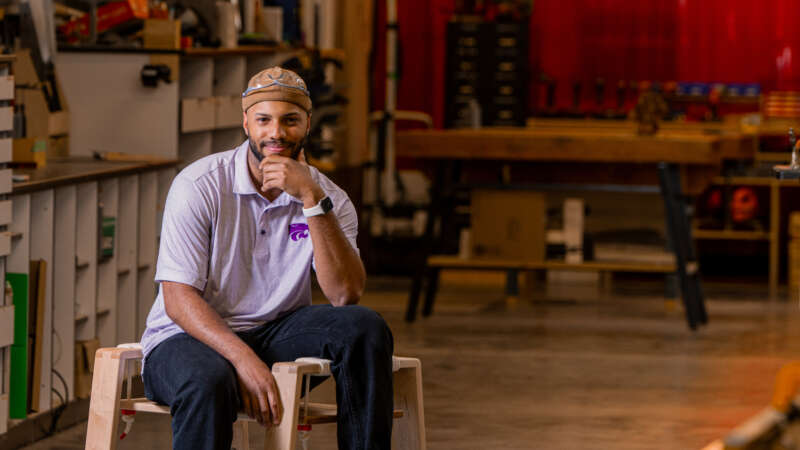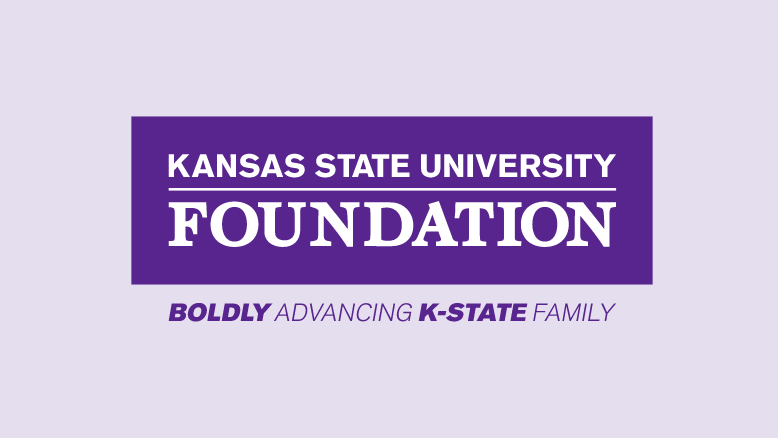K-State alumnus uses grain science degree to fight crime and gives back to the community he loves
From matching the genetics of a potato silencer used in a murder to determining if oregano was poisoned on a child’s pizza slice, Frank Padula uses the power of agriculture to solve crimes. Padula, who received his Ph.D. in grain science/cereal chemistry in 2000, leads a team of forensic scientists for the New York State Police Forensic Investigation Center in Albany, New York.
Padula, who is from New York, found his way to Manhattan, Kansas, twice in his career as a scientist. After serving four years in the Marine Corps and getting his master’s in chemistry from State University of New York in Plattsburgh, he decided to explore the West. In 1987, Padula got a job at K-State working in the agriculture experiment station lab in the basement of Willard Hall.
“We worked with all the ag experiment stations around the state,” Padula said. “If your seeds were dying, we helped figure out why. If your crop was failing, we’d figure out why.”
After a few years in Kansas, Padula moved back to New York to be near his large family and taught chemistry at the Hudson Valley Community College. “At 39, I had a bit of a mid-life crisis and decided to go back to school,” Padula said. He ended up back at K-State for his Ph.D. in grain science with a specialty in cereal chemistry. He finished his degree in 2000 but stayed two more years for post-doctoral work.
Padula eventually returned to New York to care for aging parents and teach at HVCC again. An opening for a trace evidence scientist at the NY State Troopers caught his eye and he applied. “I went in for an interview and they explained to me that they need someone who knows agriculture because a lot of crimes occur with items including cotton, indigo, petroleum, plants, poison seeds and things like that,” Padula said.
Padula supervises a small team of forensic scientists and they do work for the FBI, U.S. Navy and U. S. Army, on top of the New York State Police. Their lab is one of just a few in a world that has the capabilities to run specific tests, and Padula says that even this capacity connects back to K-State.
“We’re more like a special forces team, especially since 9/11 hit here,” Padula said. “Let’s say a bomb goes off in Kabul, Afghanistan. We can analyze that and find the isotopes were actually from Libya in the Quatarra Depression. Our investigative tools and approach are that powerful. I wouldn’t know how to do what I do if it weren’t for my time in Willard Hall. A lot of the stuff I do now, I started doing in Willard Hall in 1987. Two K-State professors, Don Setser and Richard McDonald, laid the groundwork for the excimer laser we have here in our offices in New York. We’re solving crimes all over the world, even in Southwest Asia, due to them.”
It’s one thing to use science to catch a criminal, but convincing a jury of the case is essential. “Evidence is irrefutable, so much of court testimony is your statement of qualifications,” Padula said. “When I say I got my Ph.D. in grain science/cereal chemistry from Kansas State University, that carries weight. Kansas represents honesty, trust and hard work. My degree has been lucrative, not just for my career but for the state police as well. We do a lot of high-profile cases and I testify in court about every two months, sometimes more.”
Padula is so thankful for his time at K-State and the impact his degree has on the success of his career, he pays it forward by supporting programs across campus. From milling science to dance to K-State Libraries to the Konza Prairie, Padula has given to more than 12 programs from the time he was a Ph.D. student to today. “You would think I might just give to grain science, but there are so many worthy programs on campus,” Padula said. “I like spreading around my support.”
Padula has plans to come to Kansas at least once more. “I’ve always said that when I retire, I’ll go back to Kansas, get a jeep and drive around talking to farmers and helping with 4-H.”
